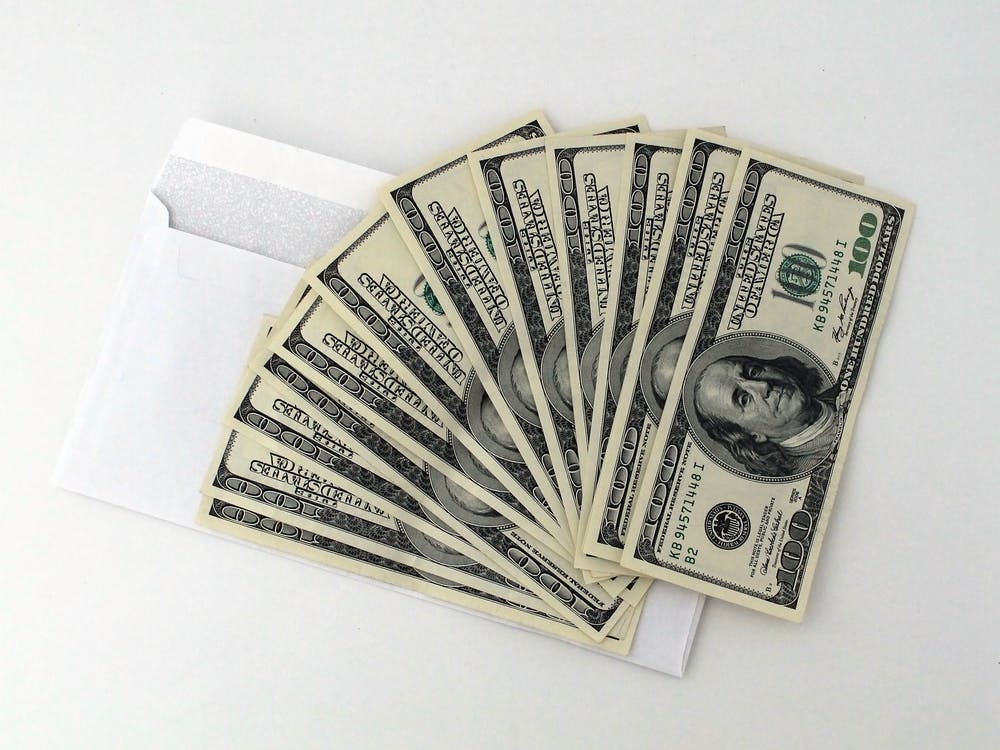
Every good budget has an emergency fund built right into it. If you only account for the expenses that you expect, then you’ll hardly be prepared for any surprises that life throws your way. By putting small amounts of money aside for emergencies each paycheck, you can make sure that no unforeseen circumstance has the ability to knock the wind out of your sails.
How to Take Care of Urgent Expenses without an Emergency Fund
If you’re just now starting your emergency fund, but already have an urgent and unexpected expense on your hands, you’re not entirely out of luck. There are still a few easy ways to collect the cash you need. To start, you might want to think about selling one or more high-value assets that you aren’t really using and don’t really need. For instance, if you have several flat screen televisions in your home, but can’t find a way to pay for new brakes, getting rid of one or more of these TVs just makes sense. If you’d rather not sell off your stuff, there are alternative loan options, like the ones offered by MaxLend.com. Until your emergency fund is large enough to actually cover you in times of need, you may even want to think about picking up extra, part-time or online work to increase both your savings and your disposable income.
Use Your Emergency Fund When Your Car Stops Working
Most consumers have money for ongoing vehicle maintenance in their budgets. These funds are usually allocated for things like oil changes, tune-ups, tire rotations, and brake pad changes. More often than not, however, car maintenance monies are not sufficient for replacing a broken clutch or buying a new radiator. When major components and systems fail, you have to have a plan for fixing them. Having an emergency fund that you can dip into will limit the need to seek personal loans, payday advances, or other funding solutions that either cost more than they’re worth or make things awkward between you and your loved ones. In this way, emergency monies are also essential for protecting your credit and preserving your close relationships.
What to Do When the Roof Starts to Leak
All homeowners know that routine maintenance is never enough for keeping unexpected problems at bay all of the time. Even if you diligently schedule whole-house plumbing inspections, your toilets can still overflow, and your sinks can still get clogged. If a roof leak appears, you’ll have no choice but to take care of it right away. Putting repairs like these off can diminish the value of your property, make you non-compliant with the terms of your home insurance plan, and cause contention with your mortgage lender. When major repairs need to be completed, you always have the option of borrowing against your equity, but it’s generally best to have a way to pay for these projects, without setting the amortization clock back to zero.
Dealing with the Little Things
For people who budget, every bit of their money is always accounted for. This is a sure sign of financial responsibility. These individuals have set aside funds for dining out and other forms of entertainment, for savings, for car insurance, home insurance, and more. They even have a budget for free and frivolous spending. If you want to have adequate funds on hand for dealing with the many small-sized, unexpected expenses that are likely to rear their heads, make sure to start an emergency fund. You may find that your next prescription is only partially covered by your insurer. It could be that you need treatment from a medical specialist, rather than a general service provider. Medical services like these may not be paid for by your insurer at all. Putting aside some extra cash for things like these will improve your life quality. You won’t have to forgo the services or products you need, nor will you have to throw your budget off track in order to get them.
Show Your Kids How it’s Done
The best place for learning and teaching money management is often in the home. Believe it or not, your kids are paying attention to the decisions you make, and you’re helping to structure their future financial choices right now. If they see you struggle to find ways to replace broken windows, or having to make do without a car, they’ll ultimately think that it’s okay to work hard and still struggle. When you create your emergency fund, and when you use it, you have a prime opportunity to tell your kids and teens how to bolster themselves against life’s unpleasant surprises.